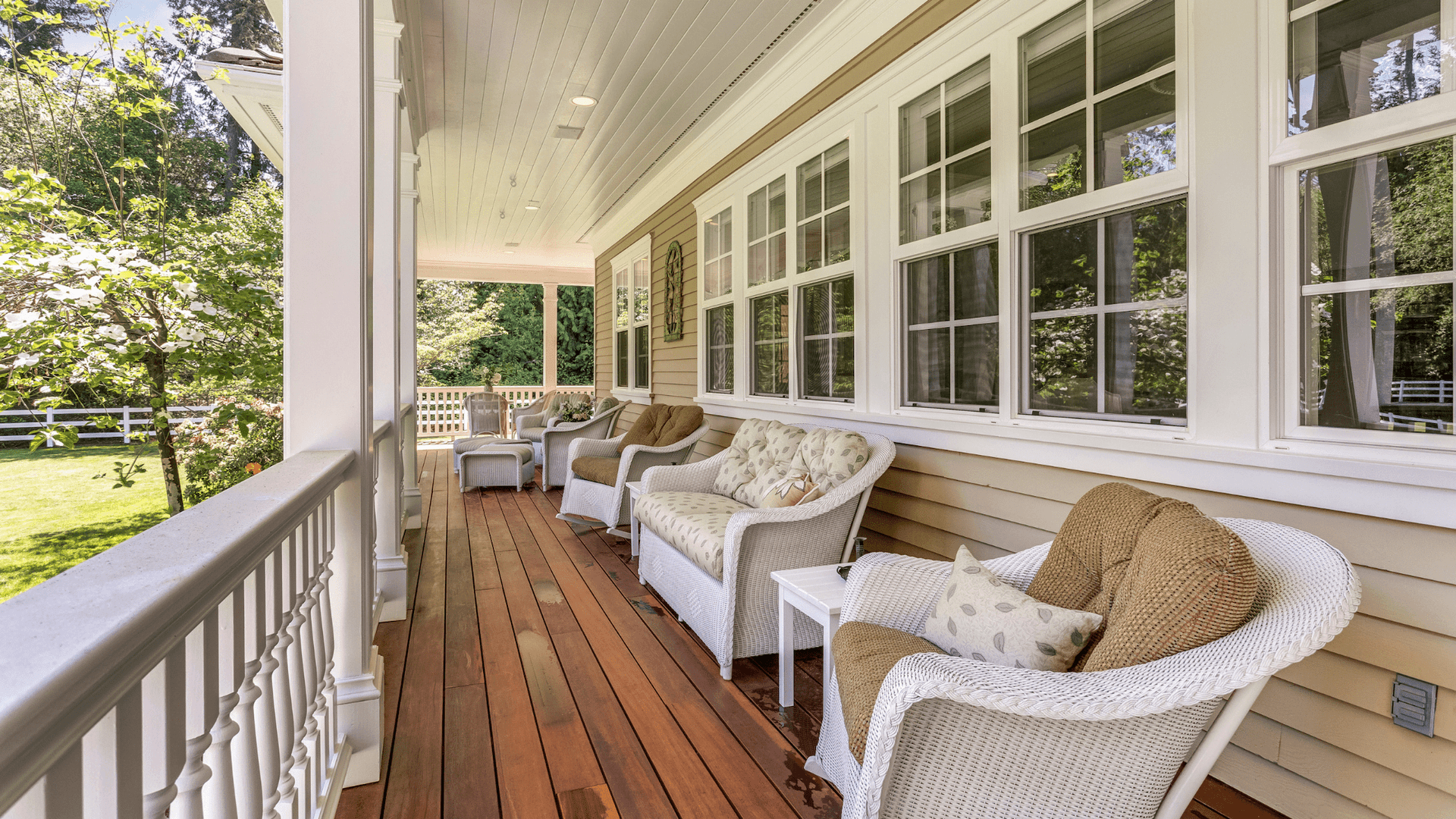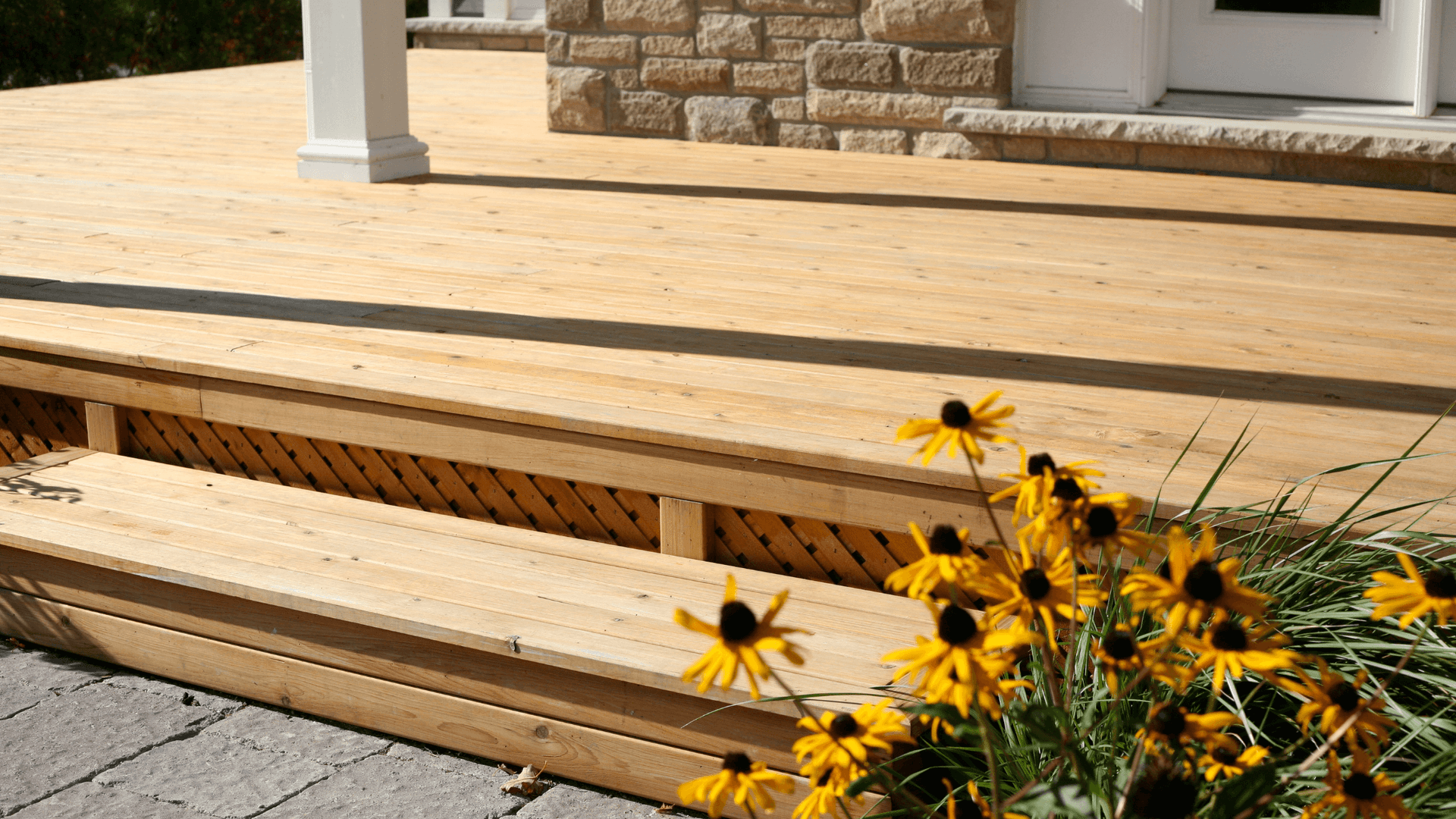Choosing the Best Decking Material for Myrtle Beach and Charleston Homes

In the coastal cities of Myrtle Beach and Charleston, selecting the right decking material is crucial due to the unique challenges posed by the coastal environment. Homeowners must consider factors such as humidity, salt air, frequent storms, and intense sun exposure when choosing materials that will withstand these elements without deteriorating quickly. This comprehensive guide will compare popular materials including composite and wood decking, and explore other viable options to help homeowners make the best choice for durability, maintenance, and aesthetics.
Understanding the Coastal Environment
The coastal climate of Myrte Beach and Charleston is notoriously tough on building materials. The combination of high humidity, salty breezes, and intense UV exposure can quickly degrade many conventional decking materials. Additionally, the areas are prone to hurricanes and tropical storms, necessitating robust decking solutions that can withstand high winds and heavy rains.
Composite Decking: A Durable and Stylish Choice
Composite decking has risen in popularity for coastal homes due to its numerous advantages:
- Durability: Composite decking is constructed from a mixture of wood fibers and plastics, creating a material that is highly resistant to rot, mold, and mildew. It also stands up well against pests such as termites, which are common issues with natural wood.
- Low Maintenance: One of the most significant benefits of composite decking is its ease of maintenance. It doesn’t require the periodic staining, sealing, or painting that wood does. Regular cleaning with soap and water is typically all that’s needed to keep it looking new.
- Aesthetic Options: Modern composite decking offers a variety of color and texture options, many of which convincingly mimic the look of natural wood. The material’s consistency ensures uniformity in appearance, which is often appreciated in design-centric home exteriors.
- Long-Term Cost Effectiveness: Although the initial investment in composite decking might be higher than some natural woods, its longevity and low maintenance requirements generally lead to cost savings over time, making it an economically wise choice in harsh coastal environments.
Wood Decking: Timeless Natural Beauty
Despite the advances in synthetic materials, wood decking continues to be a sought-after option for those who value natural beauty:
- Types of Suitable Wood: Coastal environments require strong and durable wood types. Hardwoods such as teak, ipe (also known as Brazilian walnut), and mahogany are popular for their natural resistance to moisture and decay. Pressure-treated lumber is another cost-effective option, treated chemically to fend off rot and insect damage.
- Visual Appeal: Wood decking provides a warm, inviting aesthetic that many homeowners find irresistible. It can be customized with stains and paints to complement any architectural style, adding to its versatility.
- Maintenance Requirements: The main drawback of wood decking is its high maintenance. To maintain its integrity and appearance, wood decks need to be regularly cleaned, stained, and sealed, which can be labor-intensive and costly over time.
- Cost Variability: The cost of wood decking varies widely based on the type of wood chosen. Pressure-treated lumber is generally more affordable, while premium hardwoods can be quite costly but offer greater durability and a more distinctive appearance.
Exploring Other Decking Materials
In addition to composite and wood decking, there are other materials that deserve consideration:
- Aluminum Decking: This option is becoming increasingly popular for its durability and minimal maintenance requirements. Aluminum is lightweight yet strong, resists rust and decay, and can handle the harsh salt air without corroding.
- PVC Decking: Made entirely from synthetic materials, PVC decking is another excellent choice for coastal homes. It does not contain any organic materials, which means there is no risk of rot or insect damage. It’s also available in a variety of colors and styles, providing a clean, modern look.
When selecting decking materials for homes in Myrtle Beach and Charleston, homeowners have several factors to consider, including the material’s ability to withstand harsh coastal conditions, its maintenance needs, aesthetic preferences, and cost. Composite and wood decking both offer significant benefits, while newer materials like aluminum and PVC provide additional options. By carefully considering each material’s properties and how they align with personal and environmental demands, homeowners can make informed decisions that ensure their decks are both beautiful and long-lasting.
For homeowners in Myrtle Beach and Charleston looking to invest in
Enable Link new decking, now is the time to explore your options. Additionally, we are now offering up to 15% off on any projects. Contact Contract Exteriors, your local decking professionals, for more detailed information, tailored advice, and to see samples of different decking materials. Choosing the right decking for your coastal home is an investment in both the functionality and beauty of your outdoor living space.
Get A Free Estimate!
Recent Posts
Latest Home Owner Trends & Resources
The serene coastal settings of Myrtle Beach and Charleston are perfect for blending the comforts of indoor living with the natural beauty of the...
In a significant industry acknowledgment, Contract Exteriors has been honored with the 2024 BBB Torch Award, a symbol of trust and integrity...
In the coastal cities of Myrtle Beach and Charleston, selecting the right decking material is crucial due to the unique challenges posed by the...



